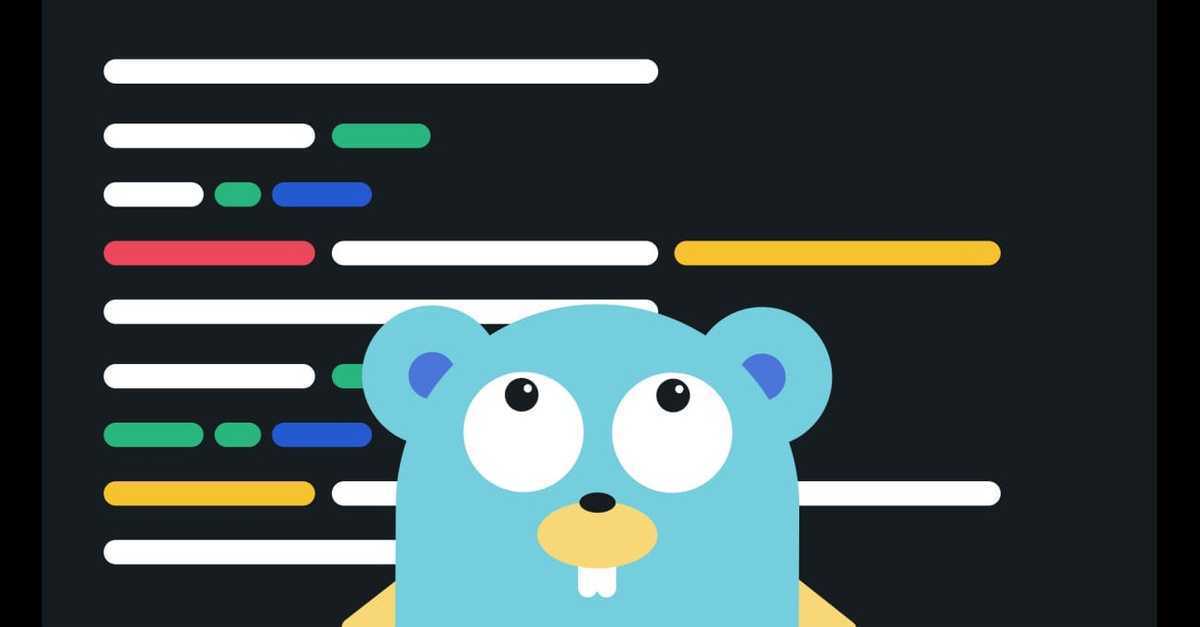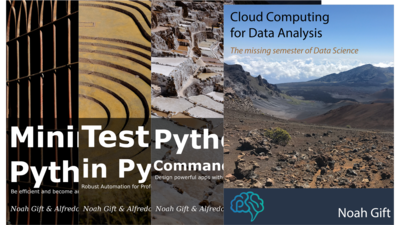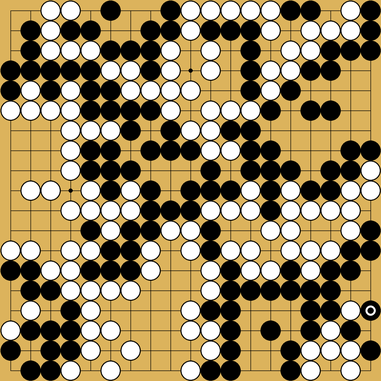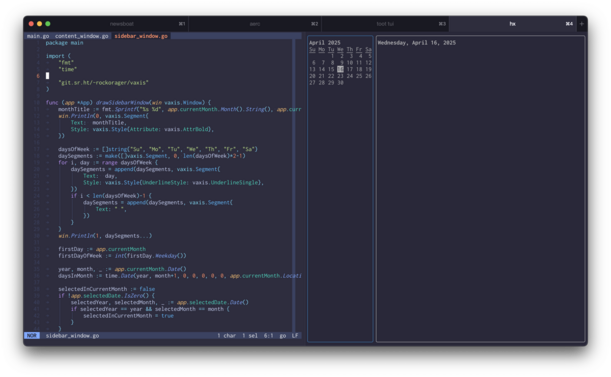Recent searches
Search options
#go
Optimizing Heap Allocations in Go: A Case Study
https://www.dolthub.com/blog/2025-04-18-optimizing-heap-allocations/

A little bit of playing around in #Go with some of the #ProjectEuler problems I'd not done before... and I quite like it. Certainly seems easier to get my head around than #rust
Note: I'm not looking to start a Go vs Rust debate... just that I've played a little with both and have found Go easier to work with for the things I've tried.
In Go (weiqi, baduk), the word "urgent" is used a lot to identify what should be done first.
I wonder if it is an unfortunate mistranslation from Japanese, Chinese or Korean, because I think the most appropriate term should have been "critical" instead.
Master Python https://leanpub.com/b/masterpython by Noah Gift and Alfredo Deza is the featured bundle of ebooks on the Leanpub homepage! https://leanpub.com #Python #Devops #SoftwareEngineering #AutomatedSoftwareTesting #NodeJs #Ruby #Go #R #CloudComputing #books #ebooks

lol this fucking game man. I love hating it. I've got a 2-dan (WAY WAY better than me) telling me how I could have beaten a 3-kyu (WAY better than me) https://online-go.com/review/1452700
That decades of joy + suffering flow from a tiny list of rules you can learn in 2 minutes... extraordinary. #go #igo #baduk #weiqi

goenums: Type Safe Enum generator for Go https://lobste.rs/s/q6hwcd #go
https://github.com/zarldev/goenums
"It’s not that hard to build a fully functioning, code-editing agent.
It seems like it would be. When you look at an agent editing files, running commands, wriggling itself out of errors, retrying different strategies - it seems like there has to be a secret behind it.
There isn’t. It’s an LLM, a loop, and enough tokens. It’s what we’ve been saying on the podcast from the start. The rest, the stuff that makes Amp so addictive and impressive? Elbow grease.
But building a small and yet highly impressive agent doesn’t even require that. You can do it in less than 400 lines of code, most of which is boilerplate.
I’m going to show you how, right now. We’re going to write some code together and go from zero lines of code to “oh wow, this is… a game changer.”
I urge you to follow along. No, really. You might think you can just read this and that you don’t have to type out the code, but it’s less than 400 lines of code. I need you to feel how little code it is and I want you to see this with your own eyes in your own terminal in your own folders.
Here’s what we need:
- Go
- Anthropic API key that you set as an environment variable, ANTHROPIC_API_KEY"

[[g0v]] looks great:
https://en.wikipedia.org/wiki/G0v_movement
Gemini:
> This decentralized, non-hierarchical community of hackers, activists, and citizens develops open-source tools and platforms to promote government transparency, citizen participation, and collaborative problem-solving. They use the internet to "fork" the government – creating alternative, open versions of government services and data.
ça code et ça fait des trucs en live !
Avowed
#code #go #linux #tech #french #documentaires #Resistance #videogames
$40 billion may be cut from Health and Human Services. #publichealth #go... https://youtube.com/shorts/xEgnzVxd2cY?si=VqjAurQU_ueF6zk9 via @youtube
Got localization and a planned pipeline working on apply.coop for @limeleaf last evening. Shout out to Alex Edward's post https://www.alexedwards.net/blog/i18n-managing-translations and code from the folks working on @Codeberg for pointing me in the right direction to find a solution that doesn't involve external dependencies in Go (aside from golang.org/x packages)
Also, if you've never heard of @weblate you should absolutely check it out. Super awesome project!
sqlc: Generate type-safe code from SQL via @RunxiYu https://lobste.rs/s/kckhbq #databases #go
https://github.com/sqlc-dev/sqlc
I'm happy to announce the 1.0.0 (stable) release of Jox Channels: Fast & scalable, completable channels for #Java, with #Go-like `select`s.
Jox is open-source and Apache2-licensed. You can find out more at Jox's new documentation site: https://jox.softwaremill.com/latest/index.html
Flows & structured concurrency remain at 0.x development versions



